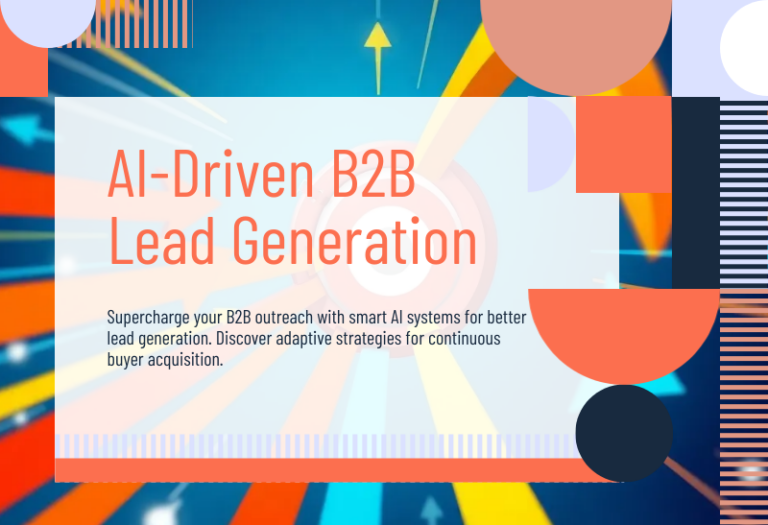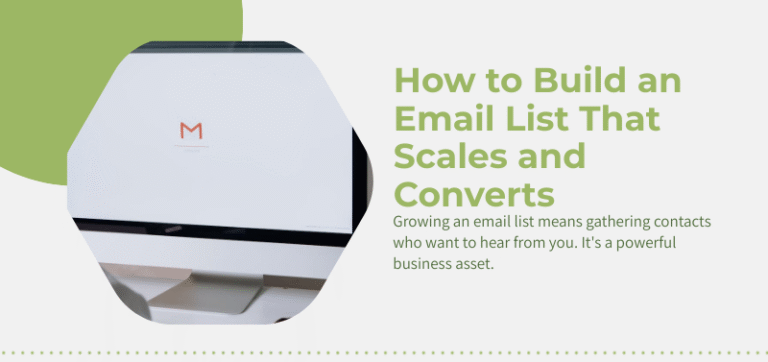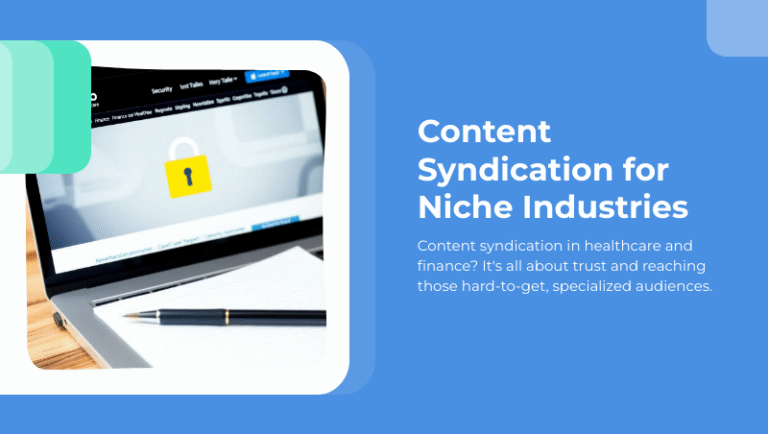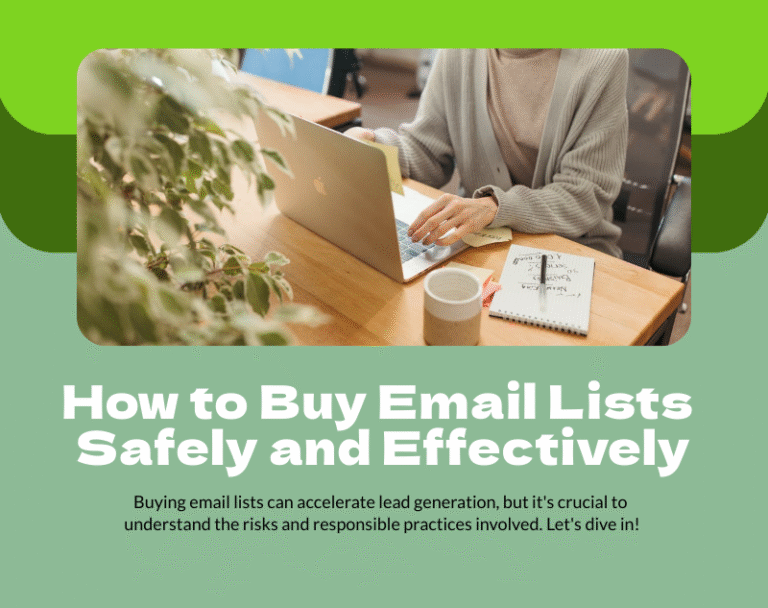Marketers rely on segmentation to stay relevant to their target audiences. You wouldn’t expect an engineer and a fashion designer to be motivated by the same approach – and you would be right. To reach engineers, marketing messages must shed some of their sizzle and offer more steak.
Just the Facts
 Engineers work with quantifiable facts and figures, and they respond best to marketing messages that give them real data. They want to know the exact dimensions of a tool, not how it will fit in a tool belt. While the usual marketing rule is to provide benefits rather than a list of features, the opposite is true for engineers; they want specific performance data. Spec sheets, case studies, efficiency ratings and other concrete information is persuasive to engineers.
Engineers work with quantifiable facts and figures, and they respond best to marketing messages that give them real data. They want to know the exact dimensions of a tool, not how it will fit in a tool belt. While the usual marketing rule is to provide benefits rather than a list of features, the opposite is true for engineers; they want specific performance data. Spec sheets, case studies, efficiency ratings and other concrete information is persuasive to engineers.
High-pressure sales tactics are worse than ineffective on engineers; they can actively alienate these fact-oriented, concrete thinkers by coming off as empty hype. To an engineering professional, the data makes its own case, and products or services that use hard-sell marketing tactics could be a cover for flaws. With their background in hard science and math, engineers are skeptical of claims that have few facts and figures to back them up, so be ready to support your statements when working with these professionals.
Understated Creative
In keeping with their skepticism of high-pressure tactics, engineers are largely unmoved by high-concept creative. They aren’t looking for glossy brochures or flashy images and tend to find such stylistic fillips a distraction from what they consider the important part of your message. Leave the flashing graphics, hectic colors and busy images off the page when reaching out to engineers.
Their general disdain for flashy marketing campaigns doesn’t mean engineers don’t appreciate good design, though. A clean-lined page that uses responsive email design to work on any platform is an indicator of quality to engineering professionals. Pay extra attention to how key facts appear on the page. Engineers are thorough and may consult the data you give them many times before making a final decision, so keep lists and tables organized and easy to read.
Calls to action are a cornerstone of any email marketing campaign, but for engineers, those calls must be straightforward. Be direct about what you’d like your reader to do with the offer you’ve presented, and make links to landing pages clear. Dial back on appeals to urgency unless they’re highly relevant to the offer. For example, mentioning the date of an upcoming webinar is sufficient; you don’t want to belabor the point by counting down the days or using high-pressure vocabulary.
Know the Language
Speaking of vocabulary, expect to speak to engineers on their own terms. As in any technical industry, engineering fields have their own jargon, a language you’ll need to speak fluently to be taken seriously. To hold an engineer’s interest, you must demonstrate that you know the basics of the industry. Using SI units and Imperial measurements appropriately, following abbreviation conventions and spelling terms correctly are essential to earning engineering professionals’ trust.
While your technical vocabulary can be as sophisticated as your intended audience’s, steer clear of business speech. The word “leverage” has a very clear meaning to engineers; it’s a noun, not a verb, and engineering pros will look askance at copy that misuses it. Engineers tend to be patient readers and will readily respond to longer messages, but only if those messages are relatively free of fluff. Don’t be afraid to pare copy to the bone for engineering professionals.
Understand the Industry
As the economy continues to improve, demand for engineers is increasing. Engineering industries comprise $207 billion of the national economy, according to the U.S. Department of Labor. That figure spans industries as disparate as healthcare, aerospace, petroleum and computer hardware. Engineers’ salaries likewise vary – the average aerospace engineer earns about $60,000 annually versus the $130,000 and up that petroleum engineers make – but most engineers earn a comfortable salary. With more disposable income in their future, engineers are receptive to offers of luxury products and services, particularly high-end electronics and software.
Sources to Reach Engineering Decision-Makers
Connect with engineers via targeted lists such as EPIC Engineering Seminar Attendees, ReachBase Engineering Professionals, Design-2-Part, Scranton Gillette Engineering Management, Techni-Tool and Hearst Electronic Products.
By reaching out specifically to busy engineering professionals with clarity, brevity and adherence to facts over fluff, you will win their approval. When marketing to engineers, reach for the spec sheet, not flashy animations.
For more engineering lists, please visit: Reach Engineering Professionals.
© Reach Marketing LLC – 2014 All Rights Reserved.



